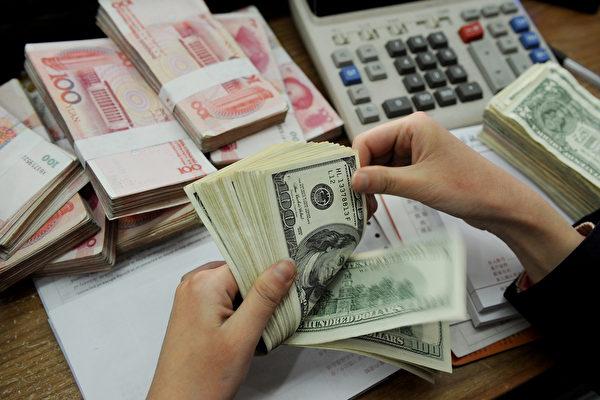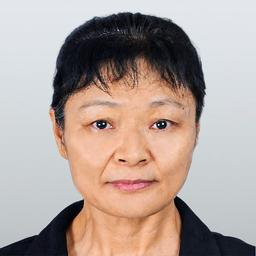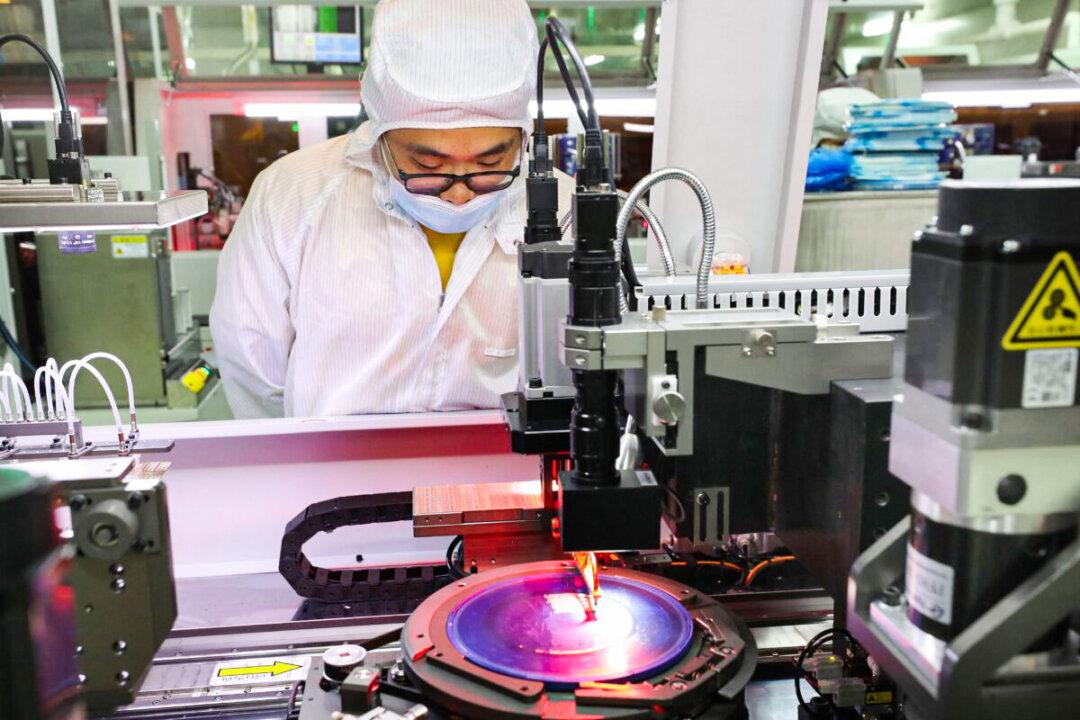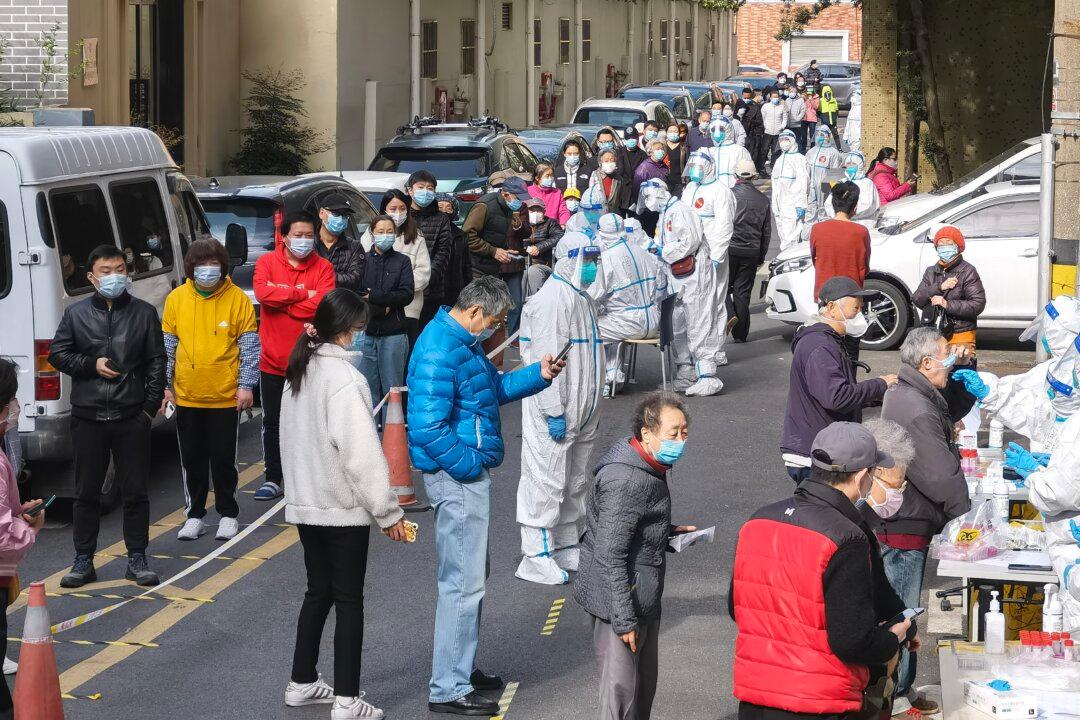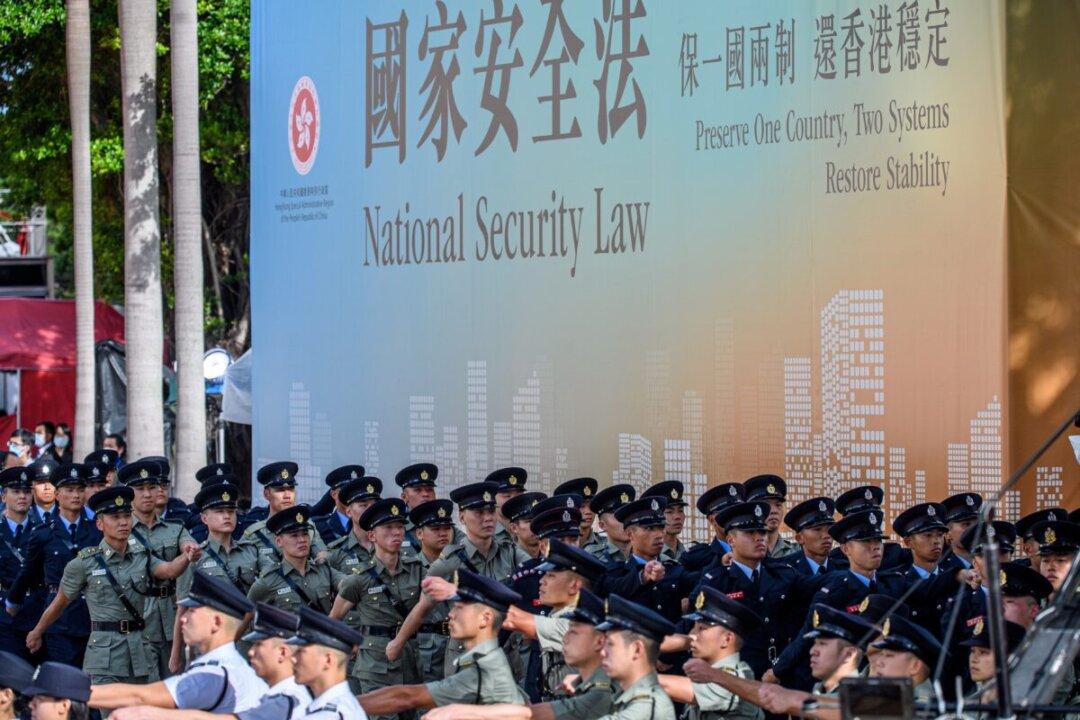In China, companies, banks, and individuals cannot freely move money into or out of the country unless they comply with strict foreign exchange (forex) rules.
The Chinese communist party (CCP) has been imposing “zero tolerance” controls to limit foreign exchange trading done in a private or surreptitious manner. But despite the CCP’s best efforts, the massive outflow of Chinese capital to other countries is continuing and the speed has recently accelerated.
